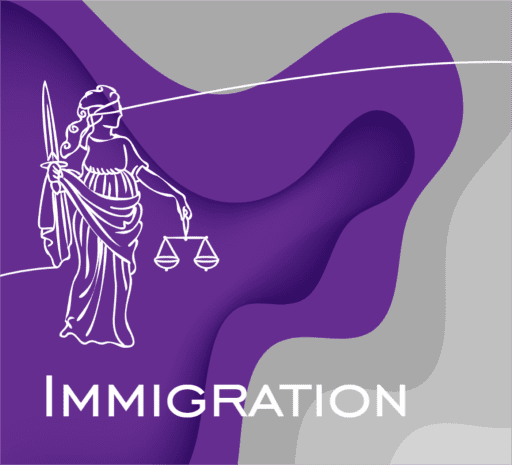The UK officially announced on 31 December 2020 that we will leave the EU and undergo a transitional period from the new year up until the 30 June 2021. Within this transitional period (also known as ‘grace period’) EU citizens have this time to apply for their pre-settled or settled status to remain in the UK.
Who can apply?
The pre-settled status is for EU citizens who have been in the UK for less than 5 years, a visa to reside in the UK for 5 years. Whereas an EU citizen applying for settled status would grant the indefinite leave to remain, providing they can prove they have been residing in the UK for more than 5 years.
In order to ensure you are eligible to apply under the EU Settlement Scheme, you need to be an EU citizen or alternatively be a non- EU family member of an eligible EU citizen. It is important that you must ensure that you have been reducing in the UK by 31 December 2020.
However, in some cases, you may still be eligible to remain legal in the UK without actually applying to the scheme. For instance, if you’re an Irish born citizen or hold indefinite leave to remain (ILR) in the UK, you will be exempt from applying. If you wish to apply out of personal preference, then you may do so, although it is not necessary.
How can you apply?
The application process is free and simply done online through the government website. Alternatively, some individuals can apply by downloading an app where an individual can scan their passport chip to prove their identity. This allows anyone in the world to apply for either status as long as they are eligible through providing relevant proofs such as a National Insurance number or other forms of proof of proving residency and exercising current treaty rights.
What happens if you miss the deadline?
The deadline of 30 June 2021 is not the end for all EU citizens but could rather be a new beginning. Although what will happen if you then miss the deadline?
The Home Office have advised that should an application for EU Settlement be submitted after the deadline of 30 June 2021, then there must be a substantial “reasonable excuse” which signifies the cause for delay. These “reasonable excuses” must be in the form of providing evidence that means events occurred which prevented a person from applying as it was beyond their control. Although, the Home Office is still yet to release all the available grounds which would define what is considered as a “reasonable excuse”.
Further, the Home Office guidance on the EU Settlement Scheme provides some flexibility after the deadline has passed for which applications should be approved. This includes a variety of applicants which are listed below as a generic view of an acceptable “reasonable excuse”. (Please note this list is non-exhaustive).
- Abusive or controlling relationship
An individual who has been in a victim of a situation they were unable to control “which prevented them from applying” due to experiencing a form of domestic violence, would be considered as a reasonable ground to apply late to the scheme.
- Physical or mental health condition
If a person is suffering from a severe mental or physical illness to which they are experiencing or undergoing treatment before or around the time where they would make an application, then they would be eligible to apply as a reasonable ground. However, there must be substantial evidence provided upon application to confirm the reasons foe the delay and condition the applicant would have suffered.
- Children
Where a child has the right to apply under the EU Settlement Scheme, however their parent or guardian at the time failed to apply, it would be reasonably foreseeable that it is out of the child’s hand to claim their right under the scheme. However, the Home Office will be strict on their guidelines and would require proofs to ensure they are aware on why the responsible adult of the child did not apply in time.
- Victim of modern slavery
A reasonable ground beyond an individuals control to which they were unable to apply could occur from being a victim of modern slavery. If the person is able to prove and be identified as a victim of slavery and/or human trafficking, the Home Office may refer this matter to for safeguarding reasons. Upon referral, providing proofs are met the EU Settlement Scheme will grant the eligible applicant due to reasonable grounds.
Whether you are an individual or employee looking to sponsor a person in the UK based on their EU rights, there is little time until the new rules take into effect. For personal immigration applications via various routes for example, family members must submit an application under the appropriate guidelines. Or employers who wish to sponsor their employees must conduct these measures using the points-based system such as under the Skilled Worker route.
In any event, a person who misses the deadline to apply under the EU Settlement Scheme will have to submit a visa application under the new immigration system should they not meet the guidelines of reasonable grounds for non-submission.
For more information or guidance on your EU settlement application, please contact our immigration specialists at Aristone Solicitors.


